LaMP is designing a financial solution with a consortium of financial institutions, recruiters, and an innovative finance advisory firm. Our solution will address the constraints that workers face in paying for migration-associated expenses, specifically the high cost of language training. LaMP is now raising funds for a First Loss Default Guarantee (FLDG) that will unlock access to finance for prospective migrants in the India-Germany corridor and demonstrate the borrower viability of the migrant segment to financial institutions worldwide. Please reach out if you are a funder or ally interested in exploring innovative financial solutions for labor mobility!
The Opportunity
Unemployment among India’s adult youth is estimated at 23% (73 million people).[1] At the same time, OECD countries face labor shortages costing $1.3 trillion per year (or $3 billion every day), with labor needs estimated to reach 400 million workers by 2050.[2] Countries where economic foresight and political will align have begun opening visa pathways to facilitate the migration of workers to fill these gaps.
Germany, for example, has created a scaled visa route for mid-skilled workers with a goal of filling a 400,000 annual worker gap in its labor market. In 2022, the Indian and German governments co-signed the German-Indian Migration and Mobility Partnership. In the wake of this MOU, major recruitment agencies have reported an increase in worker demand for job opportunities across sectors and regions in Germany. However, barriers on both sides of the pathway have limited its viability to scale.
Starting in July 2023, with grant funding from the Western Union Foundation, LaMP has been assessing these barriers and designing financial solutions to overcome them. Chief among the barriers we have noted on the sending side are a lack of foreign language skills among prospective candidates seeking livelihoods abroad. In Germany, migrants must demonstrate B1/B2-level proficiency to receive a work visa. Reaching adequate fluency requires an investment of full-time classwork, course fees, and exams, which, combined with up-front migration expenses or deposits, amount to a minimum of $2,000, and only in some cases will employers fully refund these costs post-migration. Few prospective migrants (typically people at the outset of their careers earning under $250/month) have this amount of capital on hand. Appropriate financial instruments targeting the needs of labor migration candidates are nearly non-existent in India.
Currently, aspiring migrants who aim to travel abroad are not viewed as viable candidates for credit. Projected future cash flows are generally not considered in loan underwriting, despite the outsized income gains promised by structured migration programs. Candidates report being turned away from banks because no migration lending category exists for their needs. Those candidates who do access a personal loan must do so under the name of a blood relative co-borrower who has a high credit score and a job in the formal economy. These loans must also be paid back starting immediately, with no moratorium during the language learning and visa processing period. This restrictive approach creates a barrier for candidates from families in the informal sectors or from less privileged backgrounds.
Talented young workers lacking the required language skills to migrate either forgo opportunities to work abroad or take on predatory or ill-suited debt to finance their migration expenses.
The Solution
LaMP, in collaboration with our partner KOIS, an innovative finance advisory firm, has designed a credit innovation to unlock financial inclusion for prospective migrants who strive to develop careers in trade and service sectors abroad. After exploring a range of financial products that could be offered to workers, employers, or recruiters (or a combination thereof), we decided to focus on designing a loan product for workers. The reasons are as follows:
- The quantum required for language training is relatively high compared with basic recruitment costs – employers are not obligated to pay for skilling costs in most contexts, even though they cover the majority of other costs associated with migration;
- The labor migration space is still nascent, particularly for newer corridors such as the Indo-German corridor – recruiters and employers are wary of taking on what they view as disproportionate risk for uncertain return (e.g. will the worker successfully complete language training? Is the language training relevant and high-quality?);
- A loan designed for the worker balances the dynamics of risk and reward for the primary stakeholder – the worker, who has the most control over their success in upskilling themselves;
- We are able to seek impact additionality by designing around the needs of workers – the ability to reach a wider demographic of workers who would not otherwise access finance has the dual benefit of nudging the financial sector to recognize the creditworthiness of a potentially enormous future segment.
Designing for the migrant
LaMP and KOIS anchored the design process on the following key features: 1) accessibility to an underserved population, 2) worker-centred design, 3) potential for scale and replication.
Given the newness of this product, specifically for our target segment, we approached innovation incrementally – enhancing existing features of products to suit worker needs while also accommodating the risk management needs of financial institutions. Incremental developments will provide the data and comfort required for long-term innovation.
Key elements guiding design process are listed in the table below.
| Objective |
Challenge |
Solution |
| Design for quantum needed |
- No customized product addressing worker funding needs
- Workers have reported receiving a partial loan to cover funding needs which necessitates heavy out-of-pocket expenditures or needing to apply for multiple loans
|
- Tailored loan to cover the costs of the language training program and common pre- and post-migration expenses e.g. living expenses while studying
|
| Include migrant potential/past record in underwriting |
- No product incorporates worker characteristics in underwriting e.g. past track record, future employability.
- Eligibility for the loan product is solely dependent on characteristics of a blood-relative co-borrower, which limits access
|
- Expanded underwriting to include considerations related to the primary borrower – the migrant – such as projected future income, professional and academic track record, credit score (if available), etc.
|
| Reduce coborrower requirements |
- Loans available in the market have stringent co-borrower or heavy collateral requirements, limiting access
|
- Loosened eligibility requirements for the co-borrower, including lowering threshold for credit score and income, and including access to new-to-credit borrowers
- Product is non-collateralized
|
| Incorporate moratorium |
- Aspiring workers find it challenging to repay a loan during language training, as they have paused their careers to pursue full-time studies
|
- Incorporated moratorium which includes only payments on simple interest during ~12-month training and visa processing
|
| Offer financial education |
- Workers reported they struggle to understand the technical features of the products available on the market
|
- A customized financial education program will be implemented to inform worker decision-making across financial options
|
Derisking for lenders
Financial institutions are often wary of entering new lending segments due to their inability to predict and manage risk in unknown contexts. Institutions we spoke with cited risk factors such as: lack of borrower experience with credit, uncertainty of migration success (due to unsuccessful completion of language training or job placement), counter-party risk introduced by recruiters and trainers (quality of instruction, ability to match workers with jobs, financial solvency, general management and competency), and cross-border collections. We have considered these factors both in the design of the loan product (e.g. timing of disbursements and payments), and in identifying supplemental derisking support that financial institutions would need to pilot the loan product – in this case, a First Loss Default Guarantee (FLDG) facility.
Certain lending models take a chance on individuals based solely on their projected future earnings–e.g. the Prodigy loan provides educational financing for enrolment in universities of defined rankings or prestige. This approach could be replicated in the labor migration space, extending the model to migrating workers based on future employability and income. However, in today’s context, a co-borrower is as a crucial de-risking requirement for the primary borrower (the prospective worker) who will move overseas. This local co-borrower requirement provides lenders with legal recourse within the jurisdiction of the credit agreement, regardless of the primary borrower’s location abroad.
We have also targeted recruitment models that secure conditional job offers for workers while they are taking language classes, thus reducing the risk of uncertainty of employment.
Finally, we are establishing a 3-year FLDG to encourage financial institutions to offer the loan product at the terms and conditions described. This would mitigate risk for lenders, as losses up to a certain threshold could be recovered while still enabling lenders to test a new product in a promising market. As our proposed credit product is still untested, lenders are “data blind” when it comes to our target segment–unlike microfinance, higher education, or retail lending, there is little comprehensive or structured data related to lending to this segment; financial institutions need to learn and iterate before scaling.
Our proposed design deploys between $381,000 and $690,000 in FLDG to activate $3.7 million in commercial capital. This design has the potential to leverage a relatively small credit enhancement for remarkable impact.
Across our demonstration group, the expected value to workers could reach the equivalent of $294 million in additional wages earned over a period of five years, with expectations that approximately $44 million will be sent home to 1,850 families in India over that period.
Looking ahead
The loan product is now ready to be tested in the context of a specific geographical corridor. Two Indian financial institutions have agreed to be pilot partners for the loan product under our proposed FLDG program. We intentionally targeted small- to medium-sized non-bank financial companies (NBFCs) as lenders due to their appetite to lend to our target segment, offer flexible loan products, and ability to integrate technology in their systems (including underwriting and results modelling). With sufficient data and experience, we believe these financial institutions will be able to price risk effectively and scale the product while decreasing external support over time.
We are now actively:
- Fundraising for the guarantee facility that will unlock the deployment of this loan product;
- Fundraising for programmatic support to enhance and scale the product including monitoring and evaluation, financial innovation, and developing the product for multiple sectors and corridors;
- Developing a wider ecosystem of supporters and actors who understand labor mobility and can join us in designing and funding financial solutions that support cross-border livelihoods.
We believe the time is right do develop financial products that serve low to mid-skilled workers prior to and during their migration experience. Doing so will help overcome barriers to migration that persist despite the formal agreements in place between sending and receiving countries today.
You can download this blog as a PDF here.
[1]. “Youth Unemployment Rates in India,” Statista 2024
[2]. “Migration Matters: A Human Cause with a $20 Trillion Business Case,” BCG x IOM for UN Migration, 2022
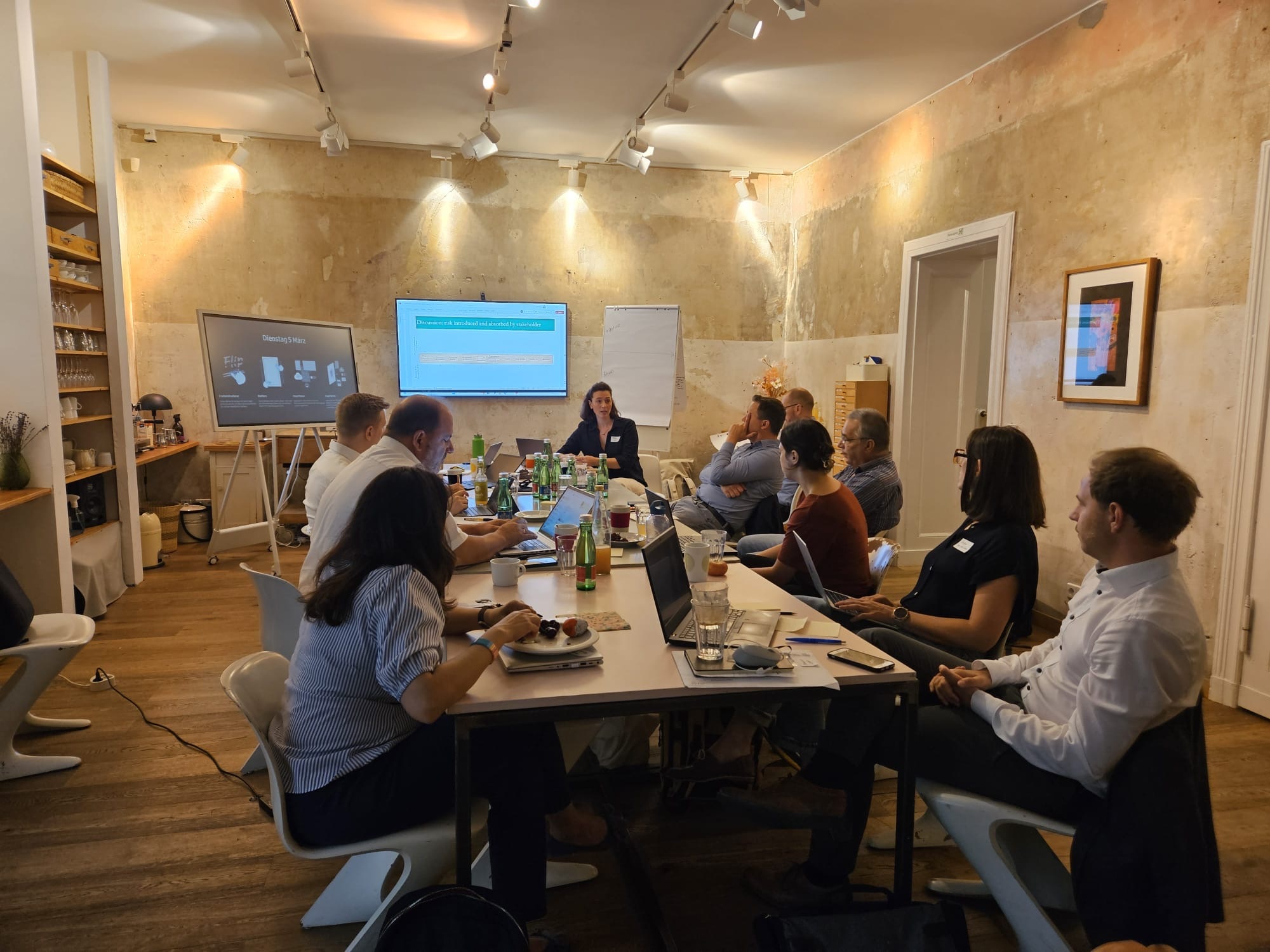

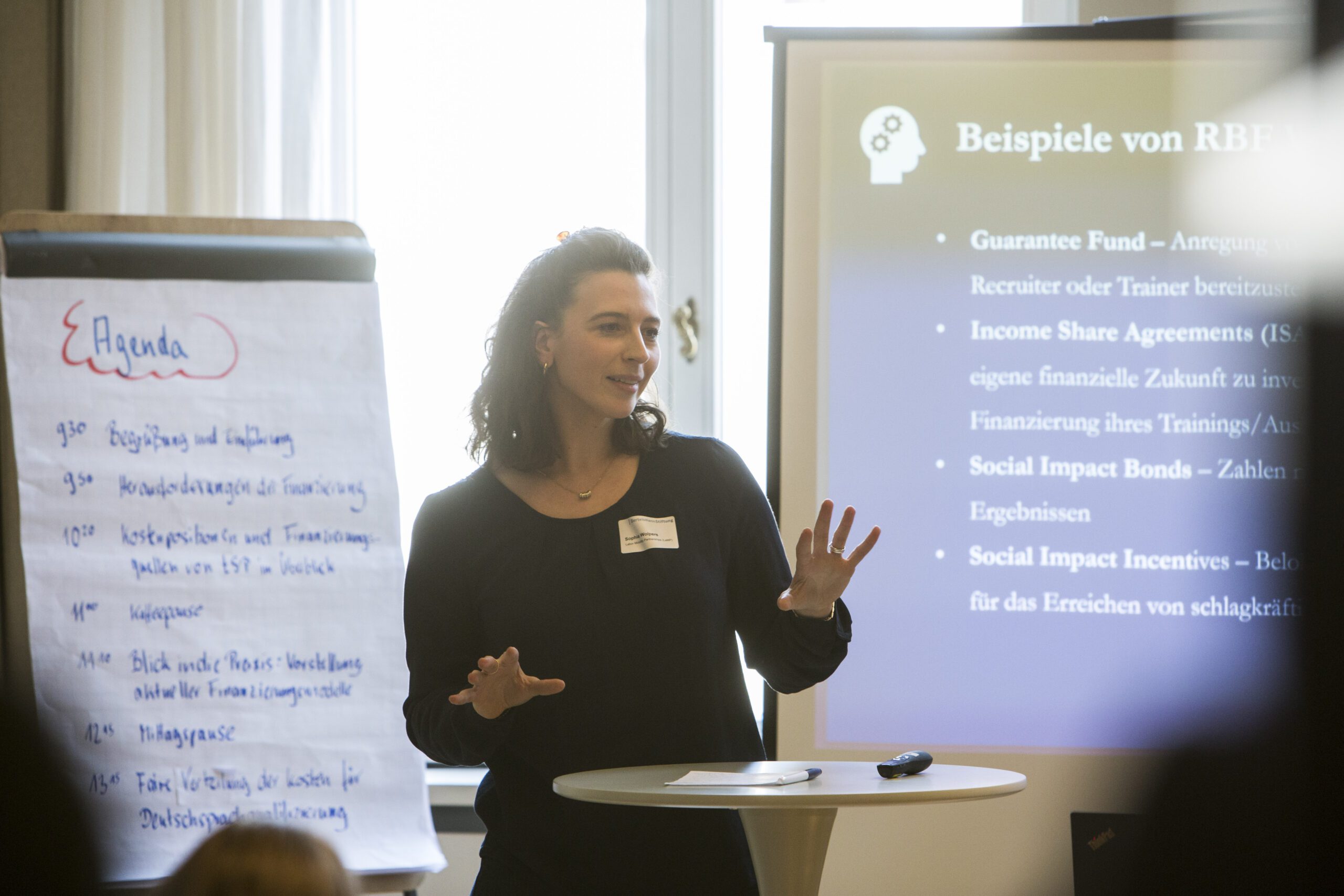

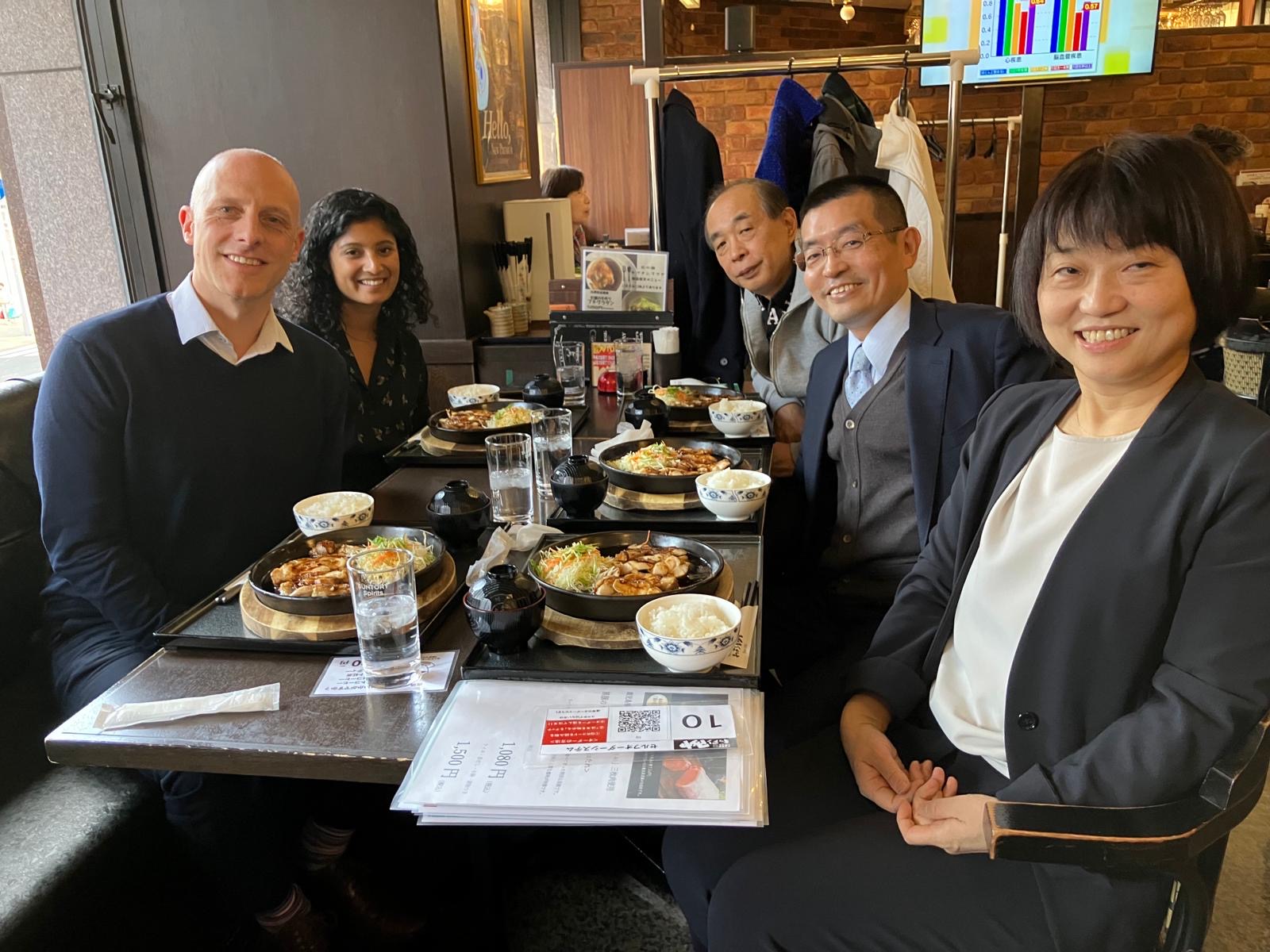
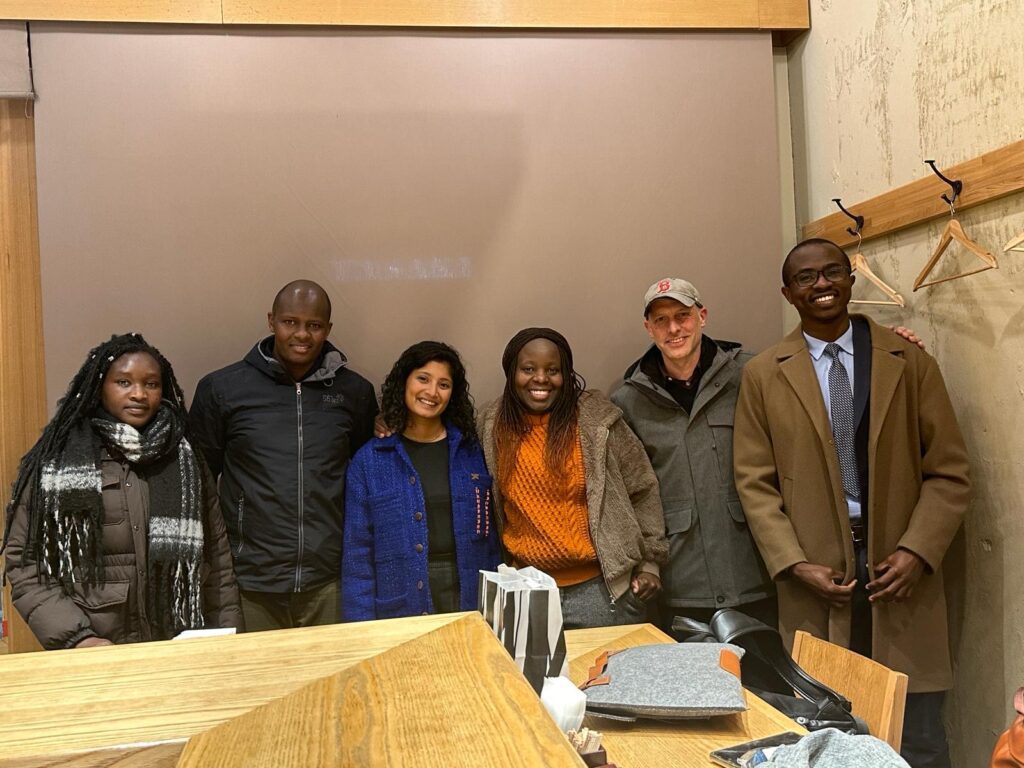
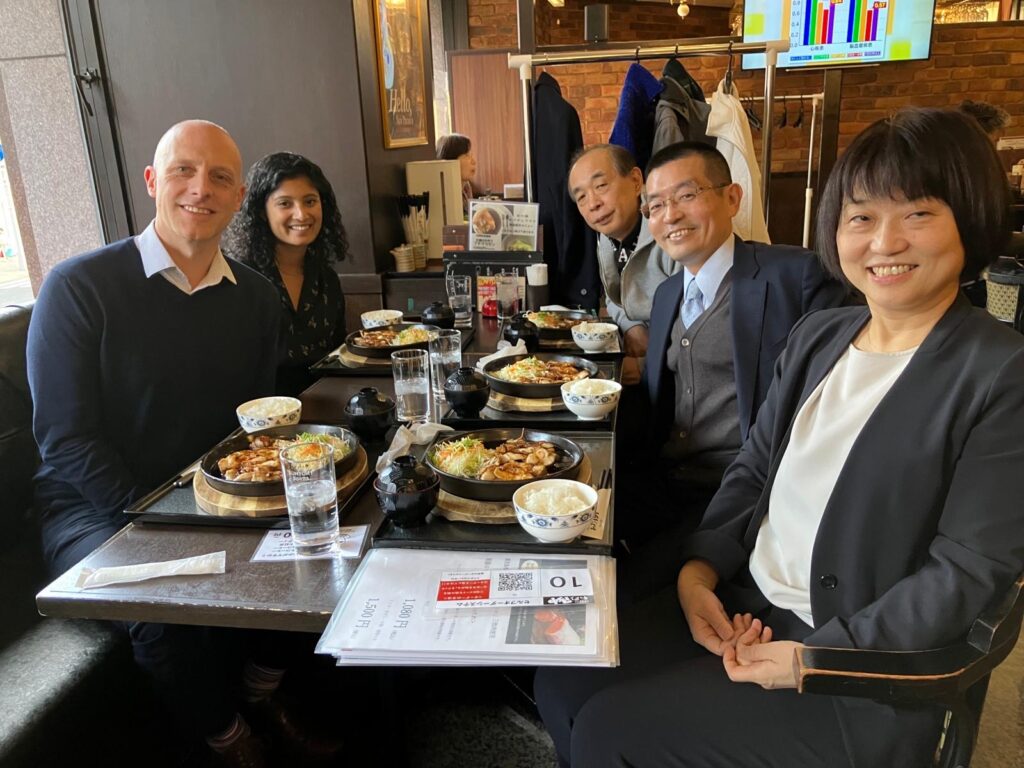

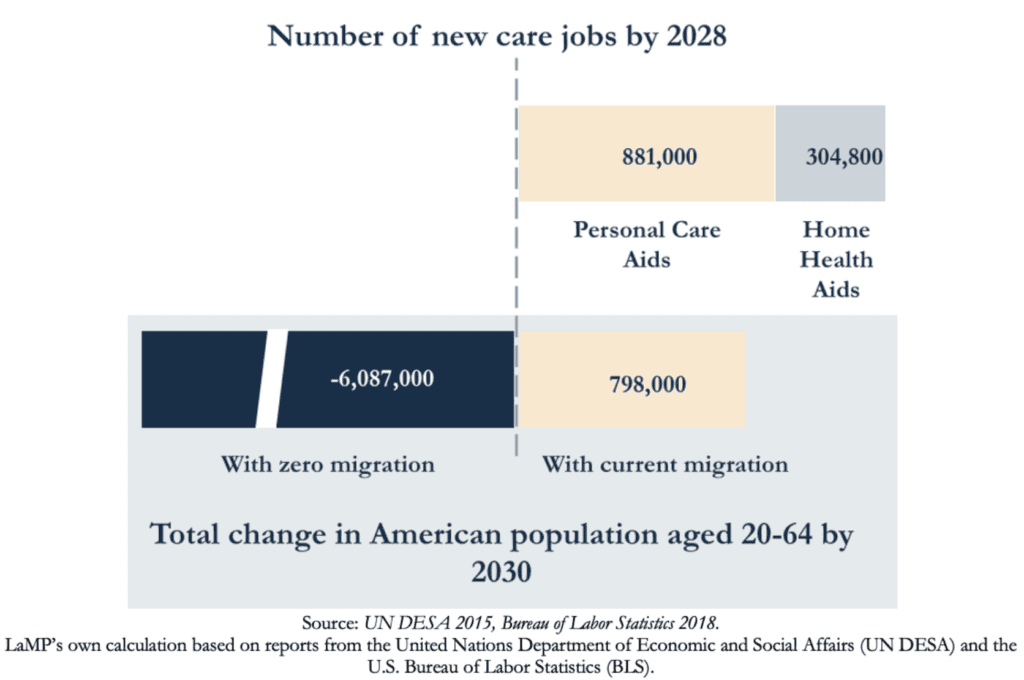




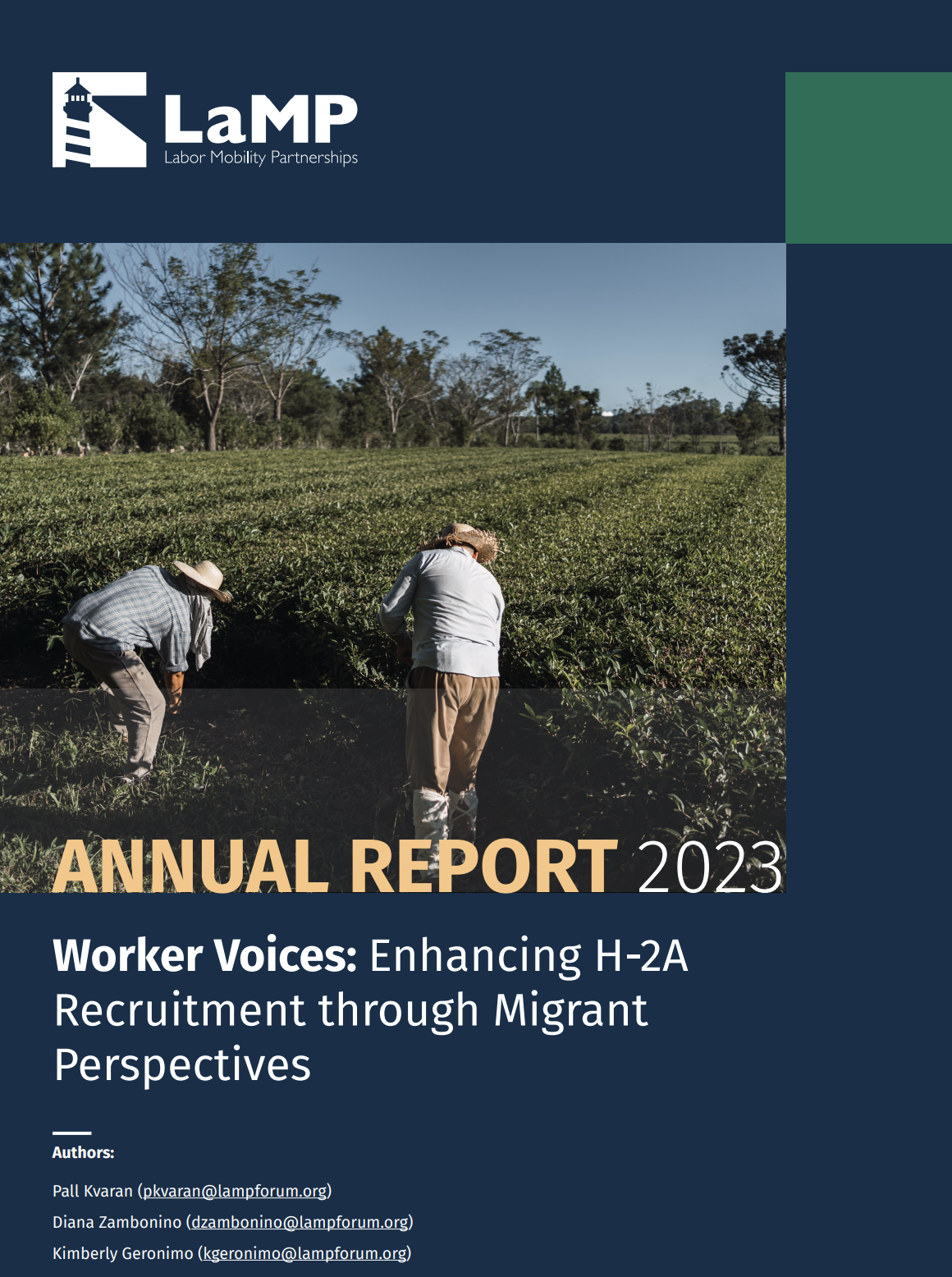
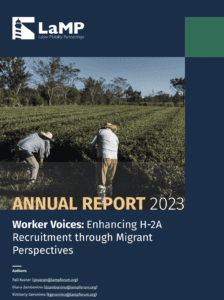

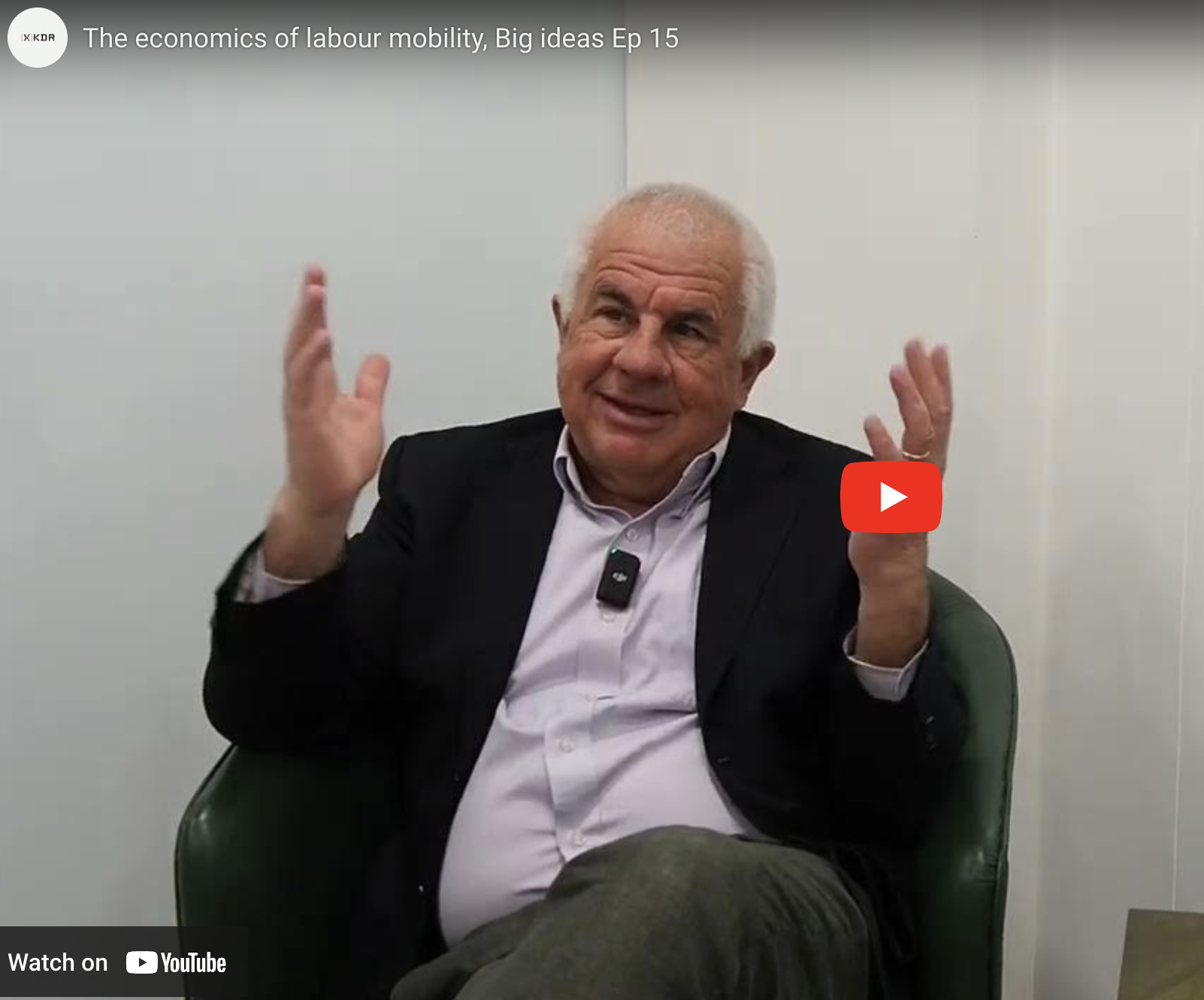
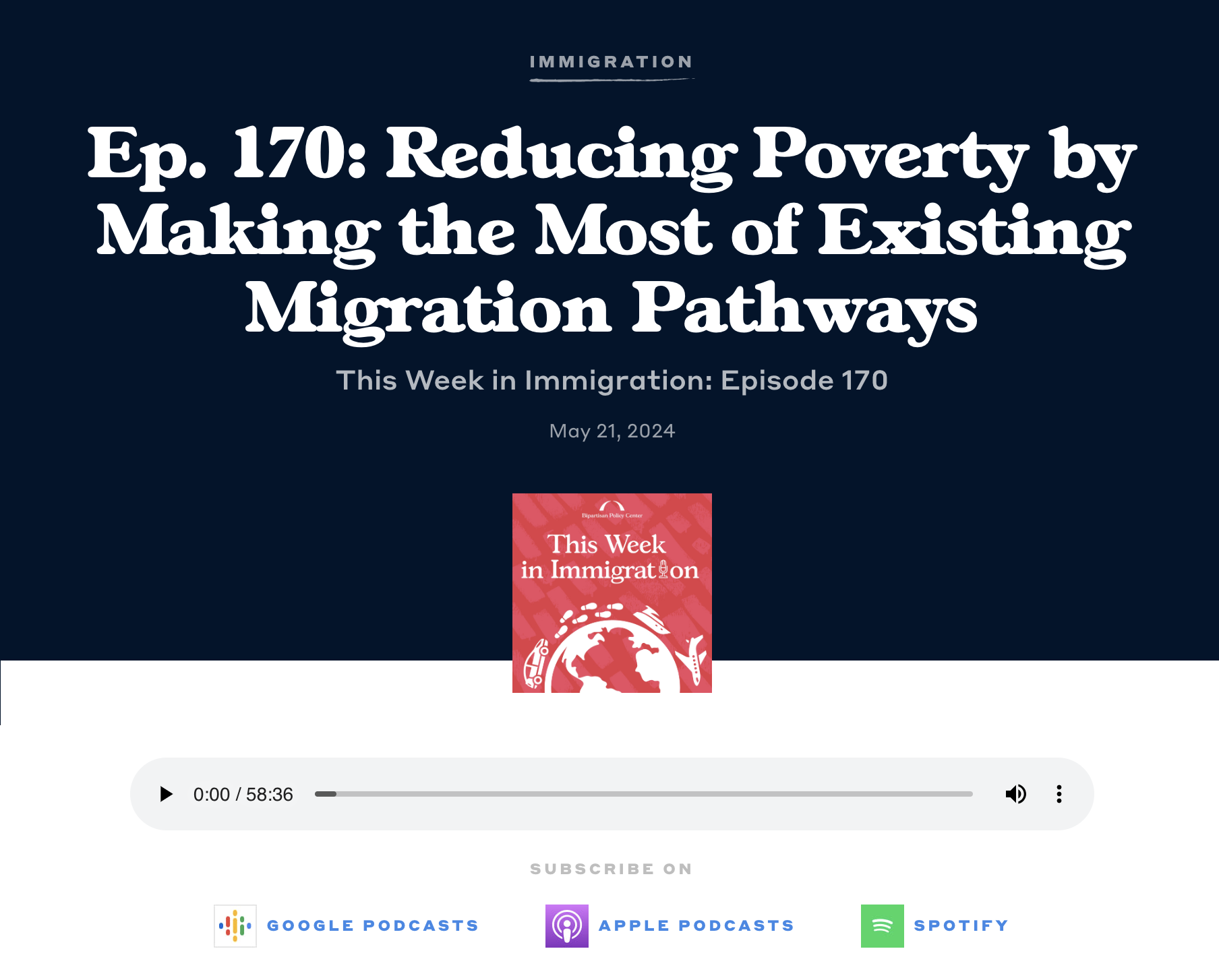


 GAREX (“Gremial de Agencias de Reclutamiento y Empleo en el Extranjero”) is a new industry association of responsible recruiters operating in Guatemala. GAREX was established in 2023 and aims to create a platform for responsible recruitment agencies to professionalize and differentiate within the market, develop mutual accountability among members, and address systemic inefficiencies that hamper Guatemalan workers’ access to international employment opportunities.
GAREX (“Gremial de Agencias de Reclutamiento y Empleo en el Extranjero”) is a new industry association of responsible recruiters operating in Guatemala. GAREX was established in 2023 and aims to create a platform for responsible recruitment agencies to professionalize and differentiate within the market, develop mutual accountability among members, and address systemic inefficiencies that hamper Guatemalan workers’ access to international employment opportunities. 